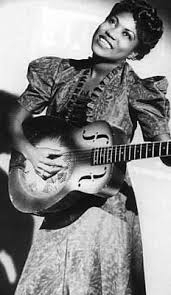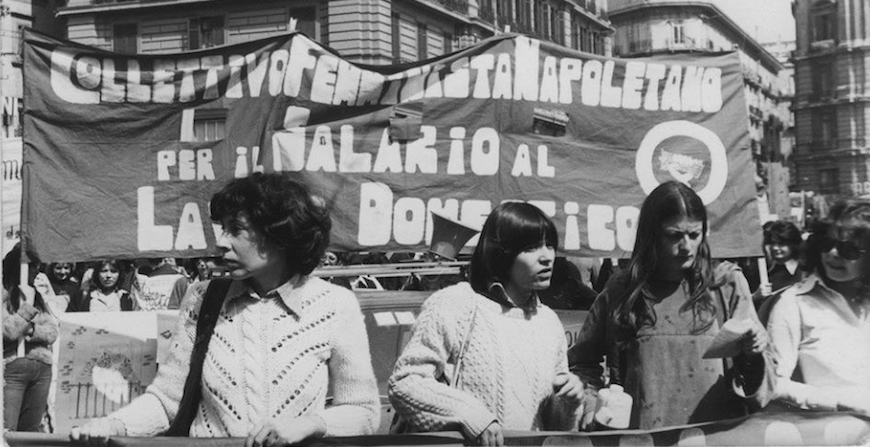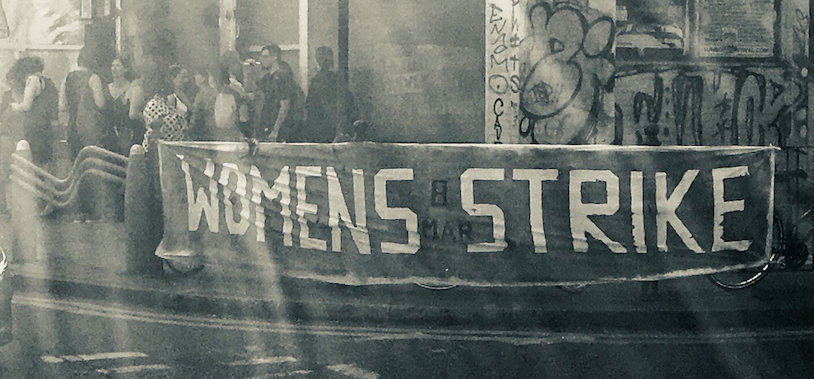.
Plan C’s last national meeting brought to light some creative and culture-critical offerings intended to be internal. This post, by popular demand, publicly platforms the mix CD and accompanying short essay titled ‘Women & Capital 1939-2013’, which is the creation of Jess in Manchester.
This is mainly an exercise in personal obsessiveness but the selection of tracks also deliberately resonates (broadly) with a Plan C perspective on capital/ wage labour. What a joy! The ongoing transformation of capitalism, which is gendered, can be traced, by decade, through women in popular music, who are of course too often ignored. While the lyrics tend to speak for themselves, below are some comments as to why each track came to mind.
Women and Capital 1939-2013
 ‘Strange Fruit’ is Holiday’s signature song. Beginning life as a poem the lyrics look unflinchingly at the lynching of African-Americans in the American South. Once set to music it began to do the rounds as a protest song in New York Leftist circles and eventually reached Billie Holiday as a performer at the Café Society Club. Hardly a Kumbaya rallying anthem, the song stands alone in its shaming affect.
‘Strange Fruit’ is Holiday’s signature song. Beginning life as a poem the lyrics look unflinchingly at the lynching of African-Americans in the American South. Once set to music it began to do the rounds as a protest song in New York Leftist circles and eventually reached Billie Holiday as a performer at the Café Society Club. Hardly a Kumbaya rallying anthem, the song stands alone in its shaming affect.
Combining rhythm and lead (decades before Hendrix!) to become musically self-sufficient, Sister Rosetta Tharpe began playing electric guitar in the 1940s. Early blues marks some of  the first instances in which women began to perform as ‘frontmen’ and a video of her at Chorlton Rail Station (on YouTube) from 1964 shows off this capacity to experiment with stunts and showmanship.
the first instances in which women began to perform as ‘frontmen’ and a video of her at Chorlton Rail Station (on YouTube) from 1964 shows off this capacity to experiment with stunts and showmanship.
 The title alone of Marva Whitney’s ‘You’ve got to have a job (If You Don’t Work You Don’t Eat)’ pretty much captures the forced submission of life to work. And the B-Side is equally comforting, ‘I’m Tired, I’m Tired, I’m Tired (Things Better Change Before It’s Too Late)’.
The title alone of Marva Whitney’s ‘You’ve got to have a job (If You Don’t Work You Don’t Eat)’ pretty much captures the forced submission of life to work. And the B-Side is equally comforting, ‘I’m Tired, I’m Tired, I’m Tired (Things Better Change Before It’s Too Late)’.
“Hey, hey sister/ It don’t matter if I do labour fast or slow/ There’s always more labour after.’

The ‘self-styled asexual who refused to be complicit in her female identity’ Patti Smith for pointing out the deadening and stupefying effect of repetitive labour in her prophetic first single ‘Piss Factory’. A trailblazer of punk she also pre-empts what Marx foresaw: increased automation would mean difficulty in finding new ways to put people to work and to control them socially.
 “9-5, yeah, they got you where they want you/ There’s a better life, and you think about it, don’t you? / It’s a rich man’s game, no matter what they call it/ And you spend your life puttin’ money in his wallet”
“9-5, yeah, they got you where they want you/ There’s a better life, and you think about it, don’t you? / It’s a rich man’s game, no matter what they call it/ And you spend your life puttin’ money in his wallet”
Marcuse argued that the prevailing order strives to close the gap between possible alternatives in order to ‘assert that what there is, is all that there could be, is what should be’. In Dolly Parton’s popular hit ‘9-5’ the lyrics contrast with the music’s (feel-good) affect to instead assert that the limits of work and domesticity are not the limits of experience. And so an ‘anti-work’ sentiment became ingrained in a popular consciousness.

Catchy though they often are, songs from Destiny’s Child’s discography tend to provide strong examples of the co-option of the feminist movement in the transition to neoliberalism. One of the 1990s most popular girl groups, the lyrics are a veritable hotbed of seemingly ‘feminist’ views expressed in grimly individualist terms. Nancy Fraser describes the process as the ‘harnessing of the dreams of women’s emancipation to the engine of capital’.
 Kathi Weeks traces the 1990s post-modern critique of consumer culture and the colonization of life by the markets, to a twenty first century colonization of life by work. This trajectory is neatly identified from Destiny’s Child – singing about their bills (which they at least appear to resent paying for) – to Britney Spear’s latest dystopian release, and apparent call-to-arms, to ‘Work Bitch’.
Kathi Weeks traces the 1990s post-modern critique of consumer culture and the colonization of life by the markets, to a twenty first century colonization of life by work. This trajectory is neatly identified from Destiny’s Child – singing about their bills (which they at least appear to resent paying for) – to Britney Spear’s latest dystopian release, and apparent call-to-arms, to ‘Work Bitch’.
A contemporary Billie Holiday, Lauryn Hill’s ‘Consumerism’ speaks for itself. It was released from prison last year.
PLAN C’s SECOND BIRTHDAY PARTY “WOMEN & CAPITAL” TRACK LIST
1) Billie Holiday ‘Strange Fruit’ (1939)
2) Sister Rosseta Tharpe ‘Nobody’s Fault But Mine’ (1949)
3) Marva Whitney and James Brown ‘You’ve Got to Have a Job (If You Don’t Work You Can’t Eat)’ (1969)
4) Patti Smith ‘Piss Factory’ (1974)
6) Destiny’s Child ‘Bills Bills Bills’ (1999)
7) Britney Spears ‘Work Bitch (Club Mix)’ (2013)
8) Lauryn Hill ‘Consumerism’ (2013)
–with thanks to the talented JW for compiling this for everyone’s “luxury communism” party bag. Manchester, Jan 2014.






